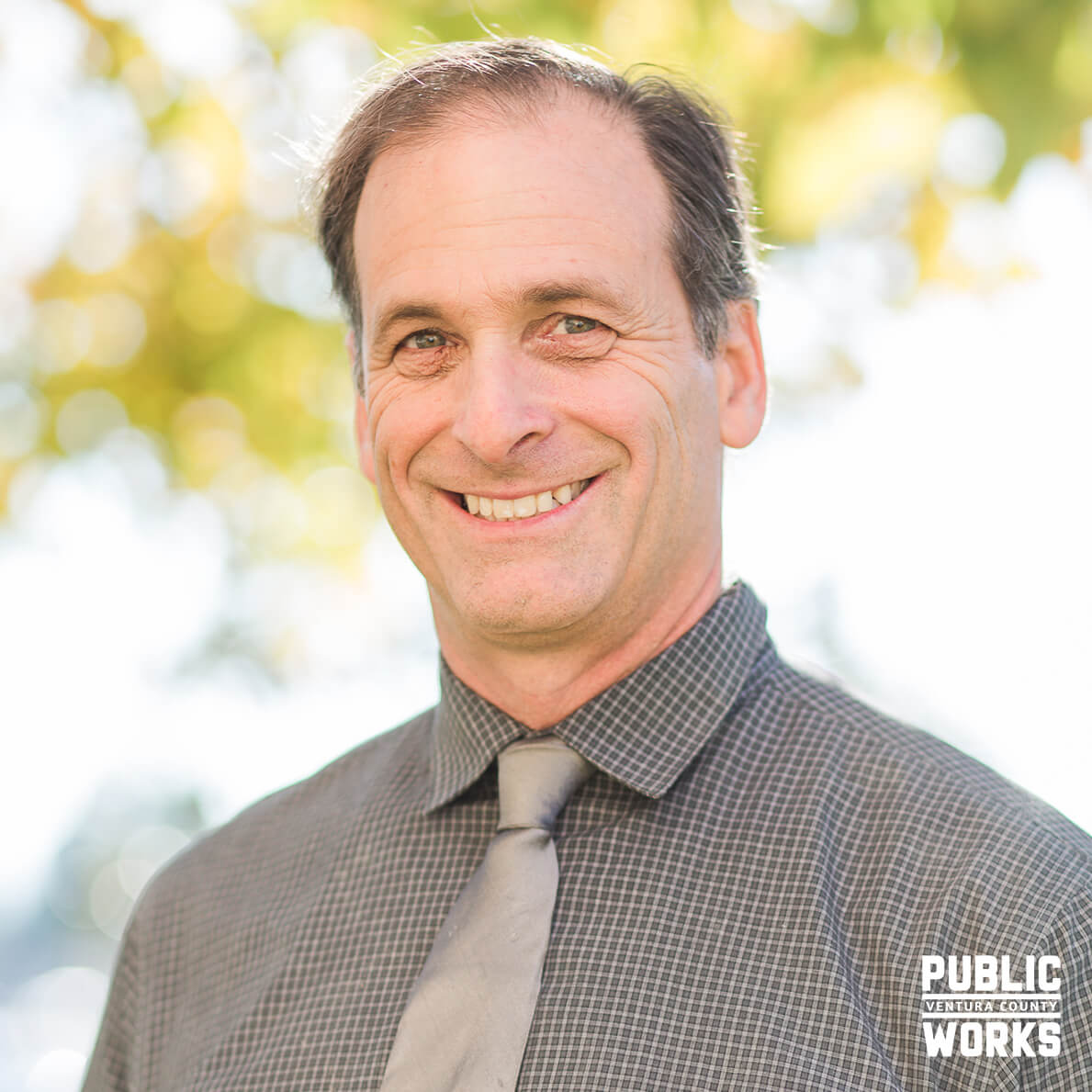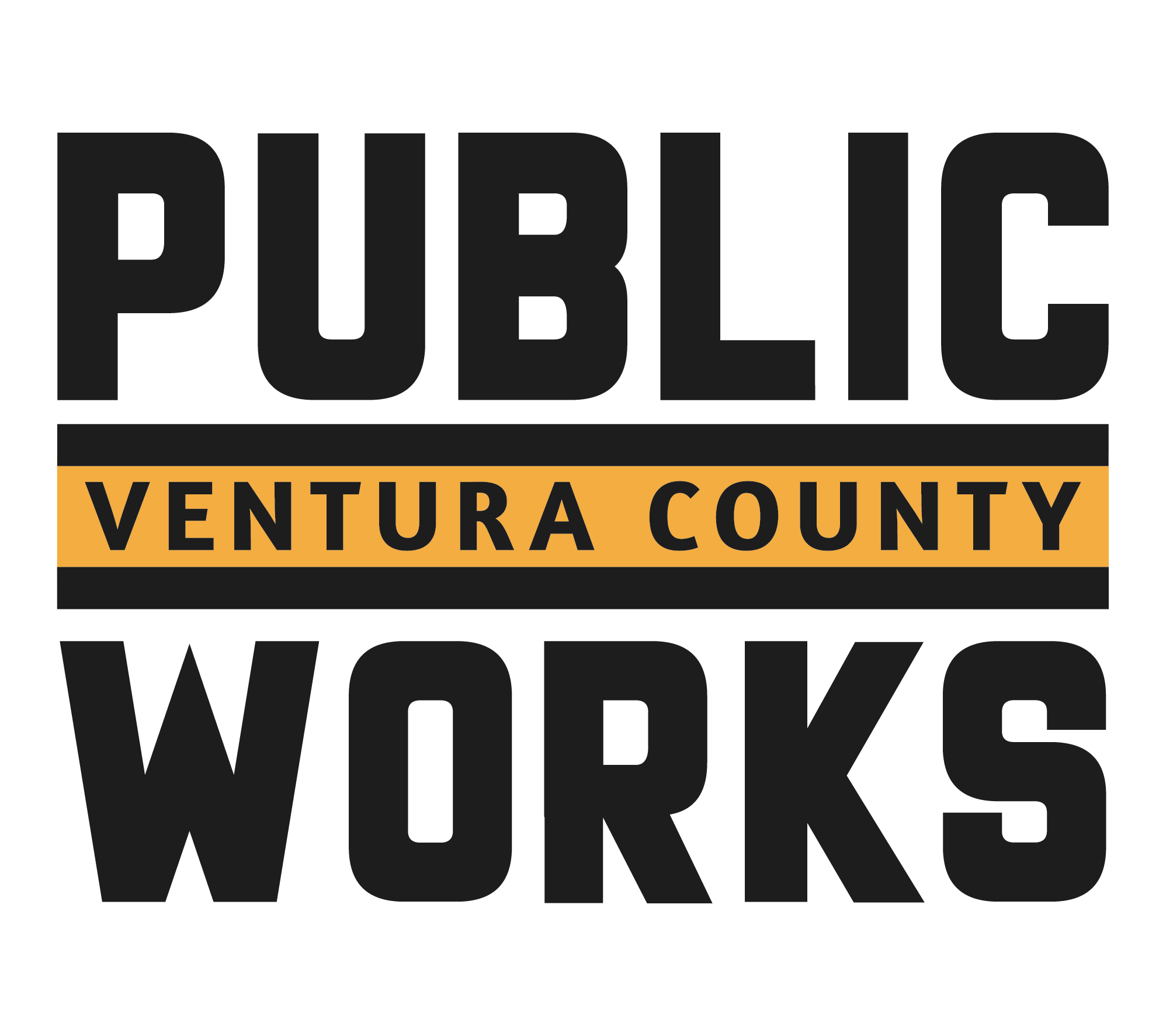October 6, 2022
VC Reporter Article by: David Goldstein
If we do not recycle food and yard clippings, what will we do with all the garbage? But if we do recycle, what will we do with all the compost? Two compost contests and one competitive grant opportunity might provide some answers.
Wasted food and yard clippings, when left to rot in a landfill, emit methane, which is many times more powerful than carbon as a climate-changing gas. To fight climate change, the California legislature passed Senate Bill 1383 in 2016, placing many mandates on local governments and businesses to instead turn these organic materials into mulch and compost. Mandates were already in place to divert these materials from landfills for purposes of resource conservation and waste reduction, and the climate imperatives emboldened the state to make the directives stronger, stricter and more enforceable.
The legislation includes requirements for local governments to purchase mulch, compost or energy derived from organic materials, and if every local government were able to meet all of these procurement targets, plenty of demand would absorb the expected increase in supply. Companies producing compost and mulch, however, are not counting on this solution.
To help develop new markets for organic products, the Compost Research and Education Foundation is sponsoring two contests, both with Nov. 1 deadlines. The foundation, a nonprofit
organization affiliated with the United States Composting Council trade group, made these contests central features of International Compost Awareness Week, which will take place next spring, May 7-13, 2023.
The first contest, open to anyone age 14 or older, asks contestants to design the poster for International Compost Awareness Week, using the theme “For Healthier Soil, Healthier Food… Compost!” The council chose this theme in congruence with a United Nations Sustainable Development Goal of “Zero Hunger,” which specifies “End hunger, achieve food security and improved nutrition, and promote sustainable agriculture,” according to the United Nation’s webpage on sustainability.
The council’s online promotional material explains how compost helps meet this goal: “By recycling organics into compost and using it on our farmlands, we create healthy soils that produce healthier food and higher yields. It also reduces the need for fertilizer and pesticides, improves water quality and conserves water, as well as stores carbon in soil — helping to reduce climate change. Compost not only helps the environment but also helps to decrease food shortages experienced around the world.”
A related contest, for entrants aged 10 to 13, offers a $100 prize for the best 30-second video on the same theme, including specific mention of the “For healthier soil, healthier food… compost!” message. The video should also highlight the work of the council; mention, in writing or verbally, the May 7-13 dates of International Compost Awareness Week; and “show something related to the benefits of compost use and/or organics recycling,” according to the foundation’s website.
While the above contests are great opportunities to promote composting and the use of compost, the California Department of Resource Recovery and Recycling (CalRecycle) offers a competitive grant process to actually make compost. CalRecycle’s Community Composting for Green Spaces Grant Program applications are due on Oct. 20, and $4,240,000 is available to local governments, special districts, nonprofit organizations (except private schools), state agencies and U.C., CalState or community college campuses. Of this, $1,232,000 is allocated specifically to Los Angeles, Orange, Santa Barbara and Ventura Counties.
Projects must result in the creation of new, improved or expanded community composting sites, and grantees must provide proof that the project site is authorized for use for the grant term.
Projects must “increase local composting capacity while expanding community knowledge about the benefits of compost use and proper composting techniques,” and funds should be used to “assist community groups in overcoming barriers to starting and managing community-based composting programs by providing targeted resources,” according to the CalRecycle website.
David Goldstein, Ventura County Public Works Agency Environmental Resource Analyst, may be reached at 805-658-4312 or david.goldstein@ventura.org.




